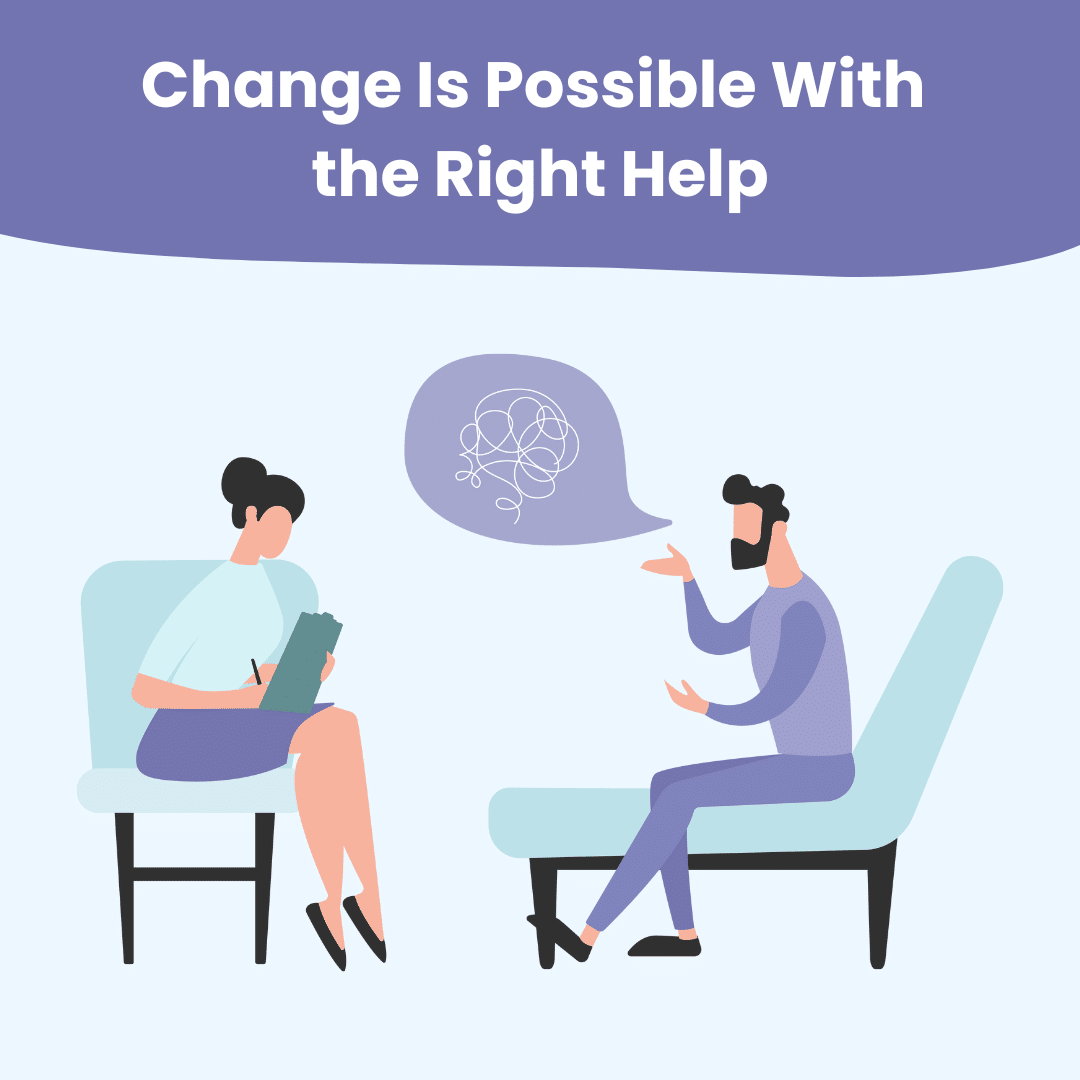
- Updated on 18 July 2024
Approximately 1 in 3 Malaysians suffer from some type of mental health disorder.
Unfortunately, half of these people have not been diagnosed. Many hesitate to seek professional support due to stigma, shame, and lack of awareness.
Despite the risk of neglecting mental health, the stigma of counselling is still widespread in many cultures and nations, including Malaysia.
Due to this, mental health in Malaysia requires active support and awareness.
We will look into how common mental health illnesses are in Malaysia, some early signs of disorders, and where to seek help.
Mental health in Malaysia
The 2015 NHMS (National Health and Morbidity Survey) showed that nearly 29.2% of Malaysians are struggling with mental health issues.
The same survey showed that teenagers aged 16-19 and people from lower-income families were the most vulnerable among those affected.
Mental health issues in Malaysia have increased ever since and occur due to multiple causes.
Some of the common causes are financial issues, unemployment, workplace stress and burnout, family conflicts, and loneliness.
Moreover, the lack of social support and awareness of healthy coping tools can act as risk factors for developing conditions such as:
- Generalised anxiety
- Depression
- Stress
- Social anxiety
- Burnout
Addressing mental health in Malaysia requires a multifaceted approach.
At a societal level, we could host awareness campaigns, improve access to mental health services, and create a supportive and inclusive community.
On an individual level, however, we could prioritise our own and our family’s well-being. Seeking support and clarifying mental health myths can be a great way to normalise mental health issues.

How Common Are Mental Health Illnesses?
Mental health issues in Malaysia are quite common.
In fact, according to the World Health Organisation (WHO), around 1 in 9 people globally experience a mental health issue at some point.
Some of the common issues include clinical depression, different types of anxiety disorders, bipolar disorder, and stress disorders.
In Malaysia, nearly 1 in 5 will experience emotional distress at some point in their lives. Similarly, another study pointed out that around 10% of Malaysians (16 years old and above) have depression. Stress was also observed to be higher among youth aged 16-29.
It is also important to note that the statistics are only estimates conducted by valid organisations. However, the numbers may be much higher since many people may be unwilling to seek help or open up about their issues.
This also shows that we are not alone in our journey of struggles. Everyone may have emotional distress at some point and can find the right help and support through counselling in Malaysia.
Early Signs of Mental Health Disorders
Identifying the early signs of emotional distress can prevent and reduce the negative effects in daily life.
The early signs of psychological issues are:
- Drastic and sudden changes in mood or behaviour
- Irregular or disturbed sleep schedule
- Disordered eating (eg anorexia nervosa)
- Lack of attention, focus, or concentration
- Poor performance at school or work
- Uninterested in social activities like hanging out with friends
- Lack of interest in hobbies and daily activities like cooking
- Feelings of hopelessness and sadness
- Physical signs like headaches, muscle pain and tension
If you or someone you know shows the signs above, counselling can help.
Remember that you may show signs that are not present in the above list. Similarly, you may experience signs that are less common or less obvious to yourself and others.
For example, while some people may look happy and healthy on the outside, they may unconsciously hurt themselves physically or mentally to cope with the problem. Self-harm in any way can be hard to notice.
Hence, if you would like more clarity on your feelings or are feeling uncomfortable about something, a professional Therapist can help.
There is no ‘right’ reason to seek help. Even if you are currently happy, you may benefit from counselling in other ways, such as:
- Becoming more confident
- Gaining clarity on your career
- Improving your habits
- Making more friends
Where to Seek Help for Mental Health in Malaysia?
At Talk Your Heart Out (TYHO), you can seek help for mental health in Malaysia.
The list below is non-exhaustive. Your counsellor can help you with any issue you may have, even if it’s not present in this section.
In general, you can expect to receive help for:
- Depression
- Anxiety
- Low self-esteem
- Isolation and loneliness
- Relationship issues
- Family conflicts
- Work-related stress
- ADHD
- OCD
- Bipolar disorder
- Borderline personality disorder
- Eating disorders
- Addictions
To find someone to help with your problem, visit every counsellor’s full profile. Here, you can read about the academic background and clinical expertise.
Book an initial session with a counsellor to gauge the fit. If you feel comfortable, you can openly start discussing your problems.
However, if you don’t feel comfortable or feel like the match is not quite right – you can look for someone else.
Finding the right therapist may take some time. However, this step is essential to gain the most benefits of therapy in Malaysia.
Remember, you are not alone, and support is always here!
Takeaway
Mental health issues affect about 1 in 3 Malaysians, but many remain undiagnosed due to stigma and lack of awareness. Common causes include financial stress, unemployment, and family conflicts.
Early signs to watch for may include sudden mood changes, sleep disturbances, and loss of interest in activities. It’s important to seek help early, as counselling can provide support for a wide range of issues like anxiety, depression, and stress.
Finding the right therapist might take time, but it’s crucial to improving mental health. Remember, you’re not alone—support is available!

Related Articles
Latest Articles
Recent Posts
- Understanding Employee Assistance Programs in Singapore (And Why Your Company Needs One)
- A Therapist’s Guide to Setting Boundaries with Parents
- Anger Management in Singapore: Top 6 Benefits
- Individual vs Group Counselling in Singapore: What’s Right for You?
- Thinking of Switching Your Therapist in Singapore? Read This First



